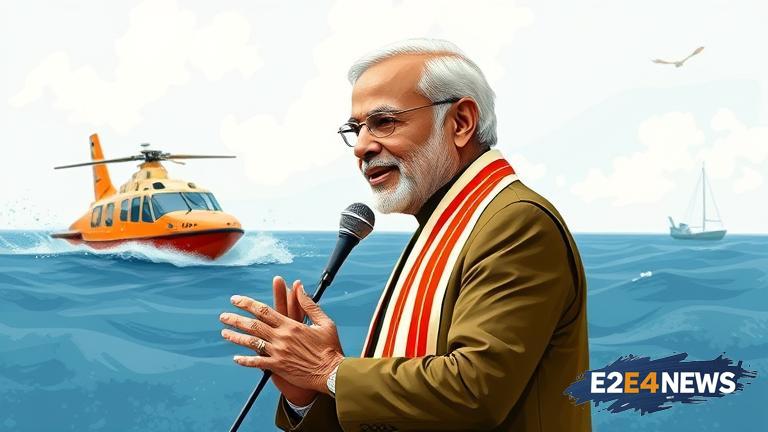In a recent statement, Philippines President Ferdinand Marcos Jr. expressed his gratitude to Indian Prime Minister Narendra Modi for the swift rescue of Filipino nationals who were affected by the Houthi rebel attack in 2024. The attack, which occurred in a region plagued by conflict, put the lives of numerous Filipino workers at risk. However, thanks to the prompt intervention of the Indian government, many of these individuals were safely evacuated and returned to their home country. President Marcos’s acknowledgement of India’s role in this rescue effort highlights the growing influence of the country as a first responder in global crises. India’s ability to respond quickly and effectively to emergencies has been demonstrated on several occasions in the past, and this latest incident is a testament to its commitment to protecting human life and promoting regional stability. The Houthi rebel attack, which was widely condemned by the international community, serves as a reminder of the ongoing conflicts and challenges that exist in certain parts of the world. The fact that India was able to navigate this complex situation and rescue the Filipino nationals is a significant achievement, and one that underscores the country’s emerging role as a global leader. President Marcos’s statement also reflects the strong bilateral ties between India and the Philippines, which have been strengthened in recent years through increased cooperation in areas such as trade, defense, and culture. The rescue effort was facilitated by the Indian government’s extensive network of diplomatic missions and consular offices, which played a crucial role in coordinating the evacuation of the Filipino nationals. The Indian military also provided significant support to the rescue operation, demonstrating its capabilities and readiness to respond to emergencies. The success of this operation is a tribute to the professionalism and dedication of the Indian armed forces, and serves as a powerful symbol of the country’s commitment to protecting its citizens and promoting regional security. In addition to the rescue effort, India has also been providing humanitarian assistance to the affected region, including food, shelter, and medical aid. This support has been welcomed by the local population, and has helped to alleviate some of the suffering caused by the conflict. The international community has also taken note of India’s efforts, with many countries praising its leadership and commitment to promoting peace and stability in the region. As the situation in the affected region continues to evolve, India is likely to remain a key player in the international response, providing support and assistance to those in need. The country’s experience and expertise in responding to emergencies will be invaluable in the coming days and weeks, and its commitment to protecting human life and promoting regional stability will continue to be an important factor in shaping the global response to this crisis. In conclusion, the rescue of Filipino nationals by India is a significant achievement that highlights the country’s growing influence as a first responder in global crises. The success of this operation is a testament to the strength of the bilateral ties between India and the Philippines, and demonstrates the importance of international cooperation in responding to emergencies. As the international community continues to navigate the complexities of this crisis, India’s leadership and commitment to promoting peace and stability will remain essential in shaping the global response.
